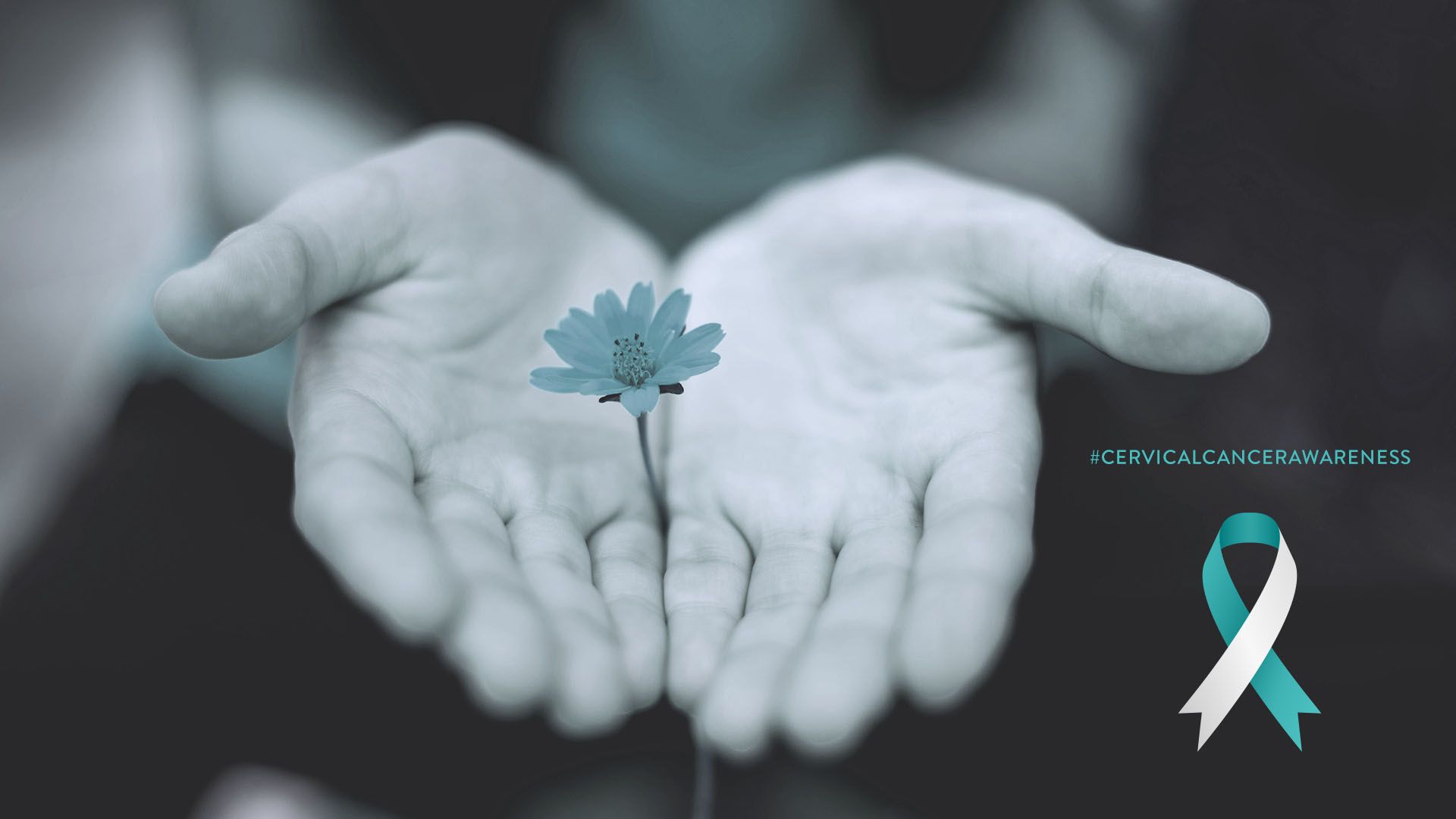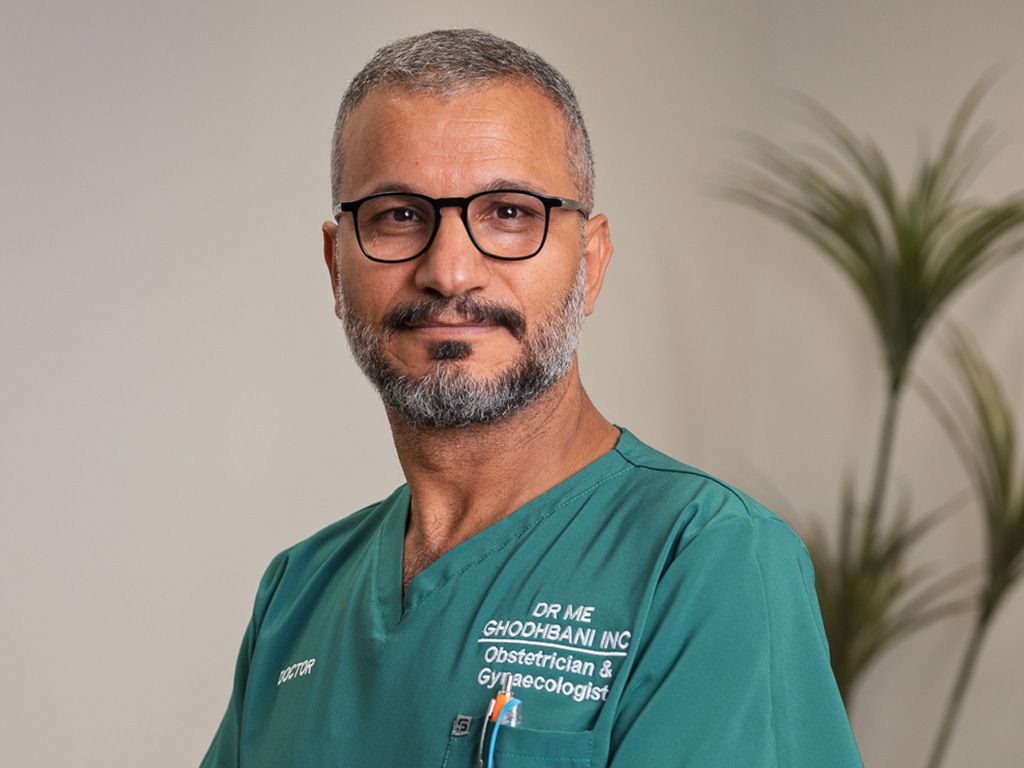Proactive healthcare behaviour can save women’s lives
High prevalence of cervical cancer can be curbed
Healthcare professionals are cautioning South African women not to skip their regular check-ups in light of the ongoing pandemic. While many are postponing a visit to their doctor for anything that is not immediately uncomfortable or noticeably concerning, the risk of undiagnosed illness increases.
This is according to Dr Emmanuel Majachani, a specialist gynaecologist practising at Netcare Sunninghill Hospital, who notes that by skipping regular screenings women are in fact putting their health at risk, particularly when it comes to highly prevalent and serious illnesses, such as cervical cancer.
“Cervical cancer is the second most common type of cancer and the leading cause of cancer related death in South African women. However, it need not be a death sentence, as it is highly treatable if detected in its early stages through a simple pap smear. The lack of regular screening is what has caused this terrible statistic to become an avoidable reality for so many women out there.
“Furthermore, cervical cancer can largely be prevented by having the HPV vaccine earlier on in life. We are well equipped to not only treat but also to avert this devastating illness, however we need proactive thinking and behaviour to do so,” he says.
HPV a clear cause
Dr Majachani points out that while it is not always known what leads to cancer, when it comes to cancer of the cervix – the passage to the womb – the human papillomavirus (HPV) is the primary cause.
The Cancer Association of South Africa (CANSA) sites high risk strains of HPV as causing up to 70% of cervical cancers, while early diagnosis and treatment of pre-cancerous lesions prevent up to 80% of cervical cancers in high resource countries, where regular cervical cancer screening is routine.
“HPV is a very common virus that most people will come into contact with in the course of their lives. Certain strains of HPV are transmitted sexually, and some of these present a particularly high risk for cervical cancer. In South Africa, types 16 and 18 are particularly dangerous.
“Unfortunately, women with HPV who do not go for a regular pap smear would not know that they have the virus unless they develop a secondary condition, such as genital warts. These warts can occur externally, in which case you would notice them, but they can also occur internally. Treatment may require surgery, depending on the size of the warts, but topical creams or gels containing immune modulators help your immune system to fight the virus in that area and will treat the warts effectively.
“Perhaps more importantly however, is that once you know you have HPV it becomes much easier to manage the risk. Women with high risk strains of HPV should go for a pap smear every year. All other women should start having pap smears at the age of 18 and should go every one to three years, depending on the advice of their healthcare practitioner. Pap smears involve taking a sample of cervical cells and are quick to do but may be a bit uncomfortable for some women,” he says.
HPV vaccination an important form of protection
Further to regular screening, vaccination provides significant protection against HPV and therefore protection against cervical cancer, notes Dr Majachani. He says that the HPV vaccine can be given between 10 and 26 years of age, and preferably to young women who are not yet sexually active, as it is then most effective.
“Young women who are sexually active can still receive the vaccine, however, and if the results of a pap smear indicate that a woman within these age groups has abnormal cells, we can remove them and there is still a benefit of receiving the vaccine at that point. For women who are older than 26, the benefit is minimal and the vaccine is therefore not recommended beyond this point.
“Other forms of protection against sexually transmitted HPV include using a condom, as the virus is transmitted
through genital contact,” he says.
Encouraging communities to vaccinate young girls
While conversations around sexually transmitted diseases remain a sensitive subject for many, parents of young girls can be reassured that allowing their daughters to receive this potentially life-saving vaccine at a younger age before they are sexually active is a highly responsible decision, in Dr Majachani’s view. Furthermore, the HPV vaccine can simply be administered at a local pharmacy.
“As a gynaecologist and obstetrician, I know all too well the devastating effects that cervical cancer can have in a woman’s life, and just how tragic it is when it has been caused by a common virus that is so easy to protect against. So important is this healthcare intervention that the Department of Health’s HPV School Vaccination Programme has been rolled out nationally to help young girls understand the benefits of the vaccine and to encourage its wide use across our nation’s communities,” he says.
Cervical cancer and what it means
“Early stages of cervical cancer will not display any symptoms,” says Dr Majachani. “This is another reason for having a pap smear done regularly, so that any cancerous cells can be detected early and treatment can begin. Those who are in the later stages of the illness may experience abnormal bleeding between periods or changes such as heavier or longer periods, pain or bleeding after sexual intercourse, bleeding after menopause, unusual vaginal discharge and pelvic pain. However, it becomes much more difficult to treat the illness by the time symptoms are apparent.
“The treatment decisions will depend on the stage of the cancer, however all patients can expect to undergo at least some form of surgery to have a biopsy taken. It may then be advisable that a trachelectomy is conducted, whereby cancerous tissue is removed by amputating the cervix. This procedure is normally done to preserve fertility in cervical cancer patients. Alternatively, a hysterectomy may be performed and the total removal of the uterus will take place. Chemotherapy and radiation are the other methods of treatment that may be included in later stages of the illness.”
Dr Majachani notes that aside from having HPV, being HIV positive can put women at a higher risk of developing cervical cancer, as can poor lifestyle choices, such as obesity, lack of physical activity, excessive alcohol intake and an unhealthy diet.
“While cancer treatment has advanced dramatically it is simply not worth taking the risk of skipping routine screenings or of avoiding the HPV vaccine in younger years. We as healthcare professionals wish nothing more than to see our patients take charge of their health and make it a priority so that unnecessary tragedy can be avoided,” he concludes.














